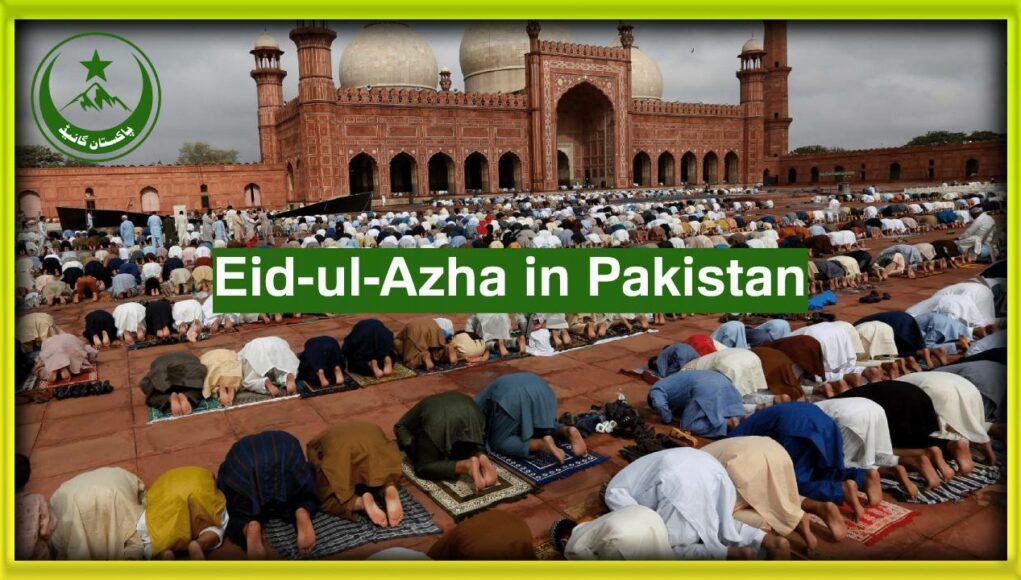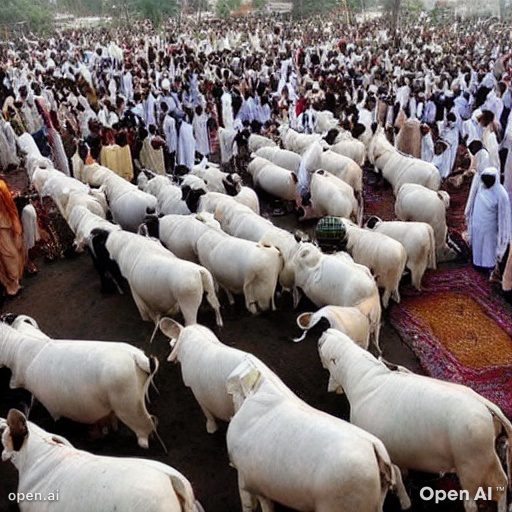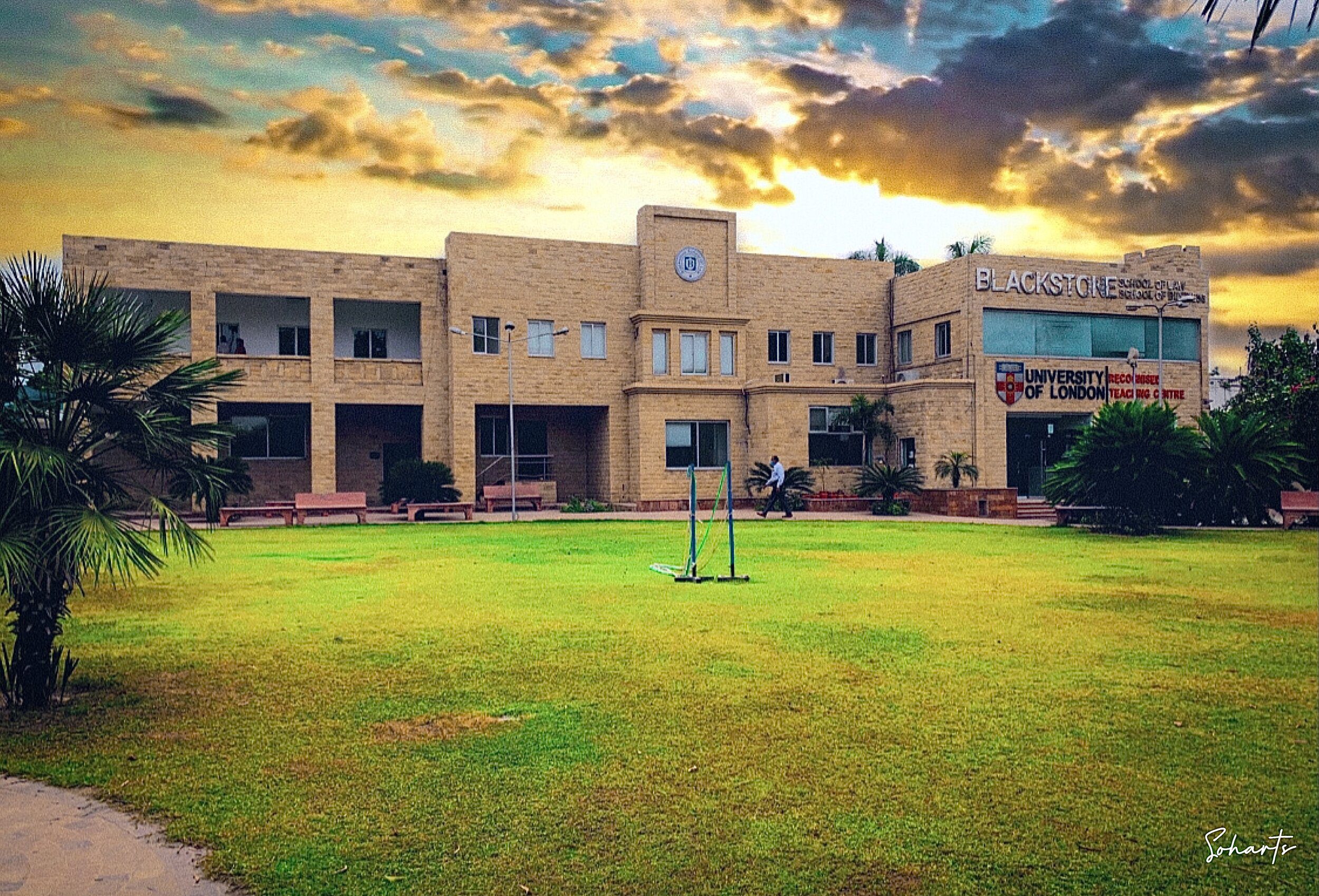Eid-ul-Azha, one of the most significant festivals in the Islamic calendar, holds great religious importance and is widely celebrated with deep reverence in Pakistan. Also known as the Festival of Sacrifice, this sacred occasion commemorates the supreme act of obedience and devotion demonstrated by the Prophet Ibrahim (Abraham) towards Allah. In this article, we delve into the essence of Eid-ul-Azha in Pakistan, exploring its profound religious significance and how it is observed by Muslims across the country.
Table of Contents
Historical and Islamic Significance
Eid-ul-Azha is deeply rooted in Islamic history and carries immense religious significance. It symbolizes the unwavering faith and complete submission of the Prophet Ibrahim towards Allah’s command. As narrated in the Quran, Ibrahim was willing to sacrifice his beloved son Ismail as a demonstration of his devotion. However, Allah, in His infinite mercy, intervened and provided a ram as a substitute for the sacrifice. This event highlights the importance of obedience, trust, and submission to Allah’s will in the life of a Muslim.
Preparation and Reverence
The days leading up to Eid-ul-Azha in Pakistan are marked by intense spiritual preparation and a sense of reverence. Muslims engage in acts of worship, engage in additional prayers and recitation of the Quran, and seek forgiveness from Allah. They reflect on the story of Ibrahim’s sacrifice and strive to embody the qualities of patience, trust, and devotion exemplified by him.
Qurbani (Animal Sacrifice) – A Symbol of Submission
The central ritual of Eid-ul-Azha is the Qurbani or the sacrifice of animals. Muslims in Pakistan who are financially capable undertake this act of obedience to Allah’s command. They purchase livestock such as goats, sheep, cows, or camels and, following specific Islamic guidelines, perform the sacrifice. The act of Qurbani serves as a profound reminder of the need for personal sacrifice and submission to Allah’s will in all aspects of life. It symbolizes the ultimate act of surrender, where Muslims offer the best of what they possess for the sake of pleasing Allah and seeking His blessings.
Unity and Brotherhood
Eid-ul-Azha in Pakistan brings together families, friends, and communities, fostering a sense of unity and brotherhood among Muslims. The act of Qurbani promotes the sharing of meat with others, especially the less fortunate, emphasizing the values of compassion, empathy, and generosity. It is a time for Muslims to transcend differences and come together in the spirit of unity, celebrating the shared faith and the blessings bestowed upon them.
Congregational Prayers and Sermons
On the morning of Eid-ul-Azha, Muslims gather in large congregations at mosques, parks, and designated prayer grounds to offer special Eid prayers. These prayers are led by imams and include sermons that emphasize the values of compassion, sacrifice, and unity. The sermons remind the faithful of their responsibilities towards their families, communities, and the broader society.
Community and Social Welfare
Eid-ul-Azha serves as a catalyst for social cohesion and community engagement in Pakistan. The act of sacrificing animals and distributing meat to the less fortunate strengthens the bond between individuals and fosters empathy and compassion. Numerous charitable organizations and individuals extend their support by organizing meat distribution drives, ensuring that marginalized communities also partake in the festivities and have access to nourishing food during this joyous occasion.
Spiritual Reflection and Gratitude
Eid-ul-Azha serves as a time of spiritual reflection and gratitude for Muslims in Pakistan. It is a period when individuals contemplate their relationship with Allah, their actions, and their responsibilities towards their fellow human beings. Muslims engage in prayers, listen to sermons, and seek guidance from religious scholars, focusing on the teachings of Islam and the importance of leading a righteous and purposeful life.
Conclusion:
Eid-ul-Azha in pakistan holds profound religious significance in Pakistan, encapsulating the essence of sacrifice, obedience, and spiritual reflection in the Islamic faith. It is a time when Muslims in the country unite in their devotion to Allah, following the exemplary actions of the Prophet Ibrahim. Eid-ul-Azha reinforces the values of submission, gratitude, and compassion, promoting unity and brotherhood among individuals and communities. As Muslims in Pakistan celebrate this auspicious












